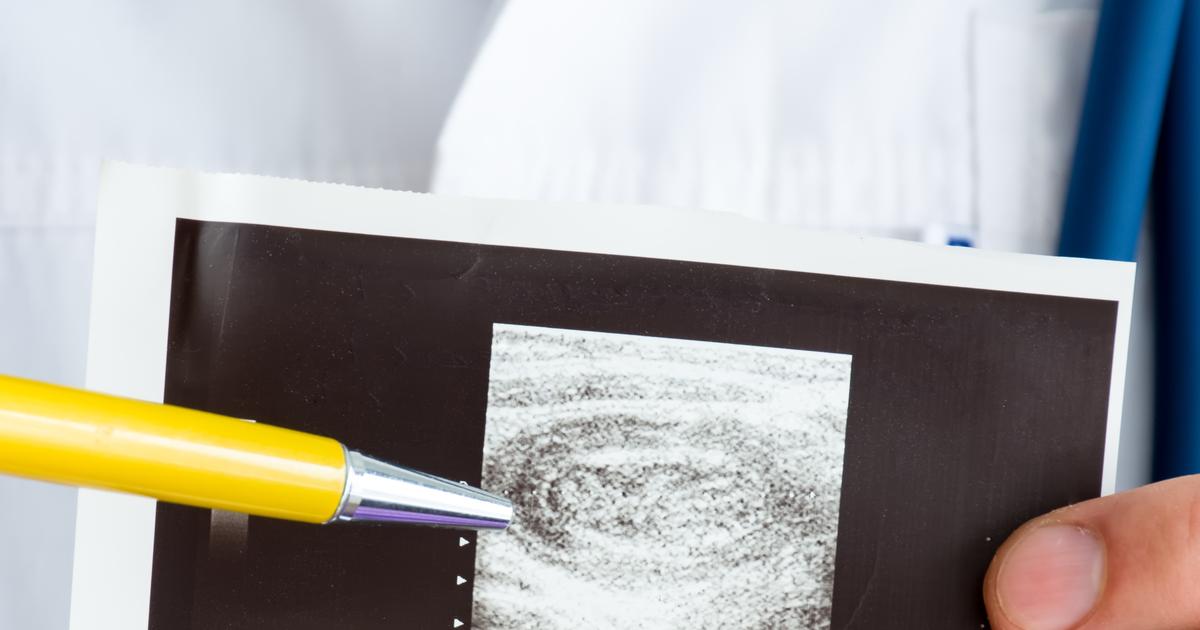What Causes A Bowel Obstruction?
Twisted Bowels
Twisted bowels describe a condition where an individual's large or small intestine twists abnormally. Adults are more likely to have a sigmoid volvulus or a twist that occurs in their large intestine, where children are more likely to experience a twist in their small intestine. Children develop twisted bowels when there is an issue with how the intestines form that causes them to establish in the incorrect location in the abdomen. An enlarged colon, Hirschsprung's disease, narrow colon base connection, pregnancy, abdominal adhesions, detached colon, and chronic constipation can cause twisted bowels to occur in an adult. When an individual's bowels become twisted, the flow of food through them can become obstructed at the site of the twist. This is referred to as a volvulus precipitated bowel obstruction. Emergency surgery is required to re-open the bowel and restore blood flow to the twisted region of the intestine.
Read more about the causes of bowel obstructions now.
Intussusception

Intussusception is a condition where one part of an individual's intestine telescopes, or slides into another part of their intestine. The most common location in the gastrointestinal tract for an intussusception to occur is the junction where the small intestine meets the large intestine, but it can occur anywhere in the intestinal tract. The mechanism behind this condition is unknown but is thought to be associated with a virus that causes the intestinal lining to swell and subsequently slip into the intestine underneath it. Intussusception is also thought to be associated with a birth defect in some patients, like a diverticulum or polyp. The part of the intestine that has telescoped into the other can become blocked or obstructed, not allowing food to pass through it. Symptoms of a bowel obstruction due to intussusception include periods of abdominal pain that alternate with periods of relief, lethargy, nausea, vomiting, mucus in stool, and bloody stools. This type of intestinal obstruction is treated using a liquid contrast enema or a surgical procedure to accomplish reduction.
Get more details on what can cause a bowel obstruction now.
